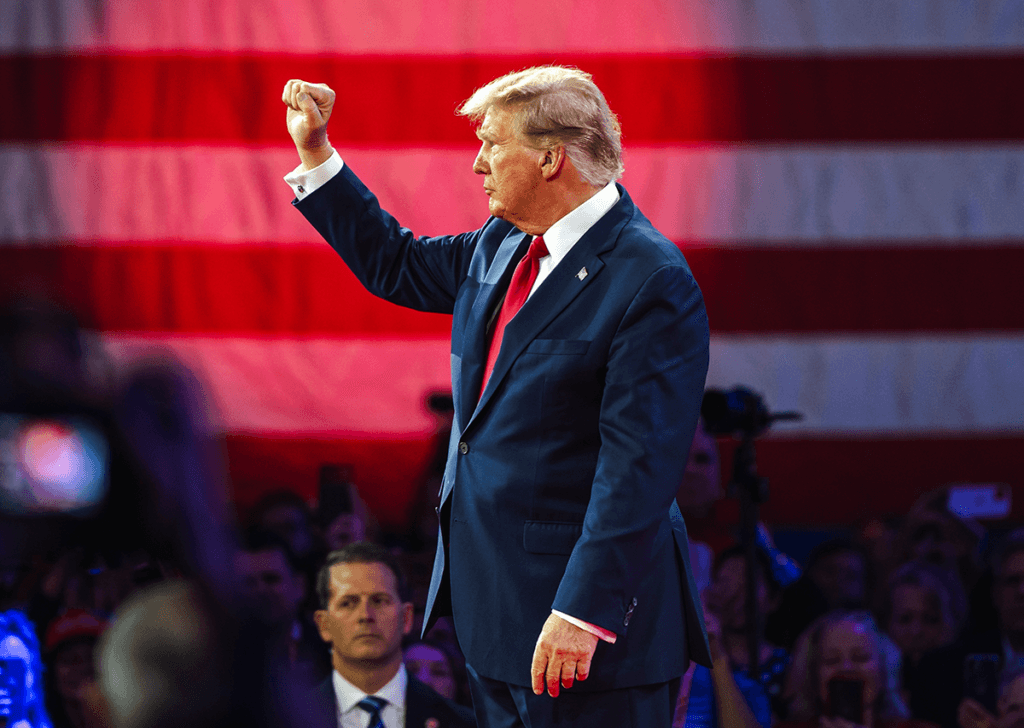Trump’s Executive Order Ends Birthright Citizenship for Undocumented and Legal Migrants

On January 20, 2025, President Trump issued an executive order titled “Protecting the Meaning and Value of American Citizenship.” The executive order takes effect in 30 days and will apply to children born in the U.S. after that date. This policy introduces a monumental shift in the interpretation of birthright citizenship, a principle rooted in the Fourteenth Amendment of the U.S. Constitution. Historically, birthright citizenship has ensured that virtually all individuals born on U.S. soil are granted American citizenship, regardless of their parents’ immigration status. However, this new order challenges that tradition by imposing restrictions that impact not only undocumented migrants but also individuals lawfully present in the United States on temporary visas.
Key Provisions of the Executive Order
The executive order states:
It is the policy of the United States that no department or agency of the United States government shall issue documents recognizing United States citizenship, or accept documents issued by State, local, or other governments or authorities purporting to recognize United States citizenship, to persons: (1) when that person’s mother was unlawfully present in the United States and the person’s father was not a United States citizen or lawful permanent resident at the time of said person’s birth, or (2) when that person’s mother’s presence in the United States was lawful but temporary, and the person’s father was not a United States citizen or lawful permanent resident at the time of said person’s birth.
Undocumented immigrants are not the only group affected; individuals lawfully residing in the U.S. under temporary visas, such as work (H-1B), student (F-1), or tourist (B-2) visas, are also subject to the policy. For example, under the new policy, a child born in the U.S. to a mother on an H-1B work visa or a B tourist visa would not be considered a U.S. citizen if the child’s father is neither a U.S. citizen nor a lawful permanent resident. This interpretation fundamentally alters the long-held understanding of birthright citizenship and its application.
Administrative Challenges
Implementing this executive order poses several logistical and administrative hurdles, including:
- Tracking Parental Immigration Status: Hospitals and local agencies would be required to document and verify the immigration status of mothers who give birth. This process involves training medical and administrative personnel on complex immigration categories, leading to increased costs and potential delays in issuing birth certificates.
- Compliance Costs: Federal and state agencies must overhaul existing systems to ensure compliance with the order. This includes creating new databases to track citizenship eligibility and training staff to implement the policy effectively.
- Potential Privacy Concerns: The collection and storage of sensitive immigration information could raise privacy concerns and expose families to potential data breaches or misuse.
Legal Challenges
Legal experts widely anticipate that the executive order will face significant constitutional challenges. Critics argue that it violates the Fourteenth Amendment, which states:
“All persons born or naturalized in the United States, and subject to the jurisdiction thereof, are citizens of the United States.”
The Supreme Court has historically upheld this principle, most notably in the 1898 case of United States v. Wong Kim Ark, which affirmed the citizenship of individuals born on U.S. soil regardless of their parents’ immigration status.
Key Legal Arguments Against the Order
- Constitutionality: Opponents argue that the order’s restrictions on birthright citizenship exceed the president’s authority and require a constitutional amendment to be enacted.
- Equal Protection Violations: The policy could be challenged for discriminating against children based on their parents’ immigration status, potentially violating the Equal Protection Clause.
- Judicial Precedent: Decades of case law affirming birthright citizenship provide a strong legal foundation for challenging the order.
The Role of the Supreme Court
Francis Law believes the executive order will likely be struck down in the lower courts and not take effect within its intended 30-day timeline. However, the final decision may rest with the U.S. Supreme Court, and given the current conservative majority on the Court, it is unclear how the justices will rule. While some may argue for a strict textual interpretation of the Fourteenth Amendment, others may consider broader policy implications and executive authority.
In the meantime, we encourage affected individuals to stay informed and consider their options. Families and individuals on temporary visas should consult with experienced immigration attorneys to understand how this policy may affect their circumstances.